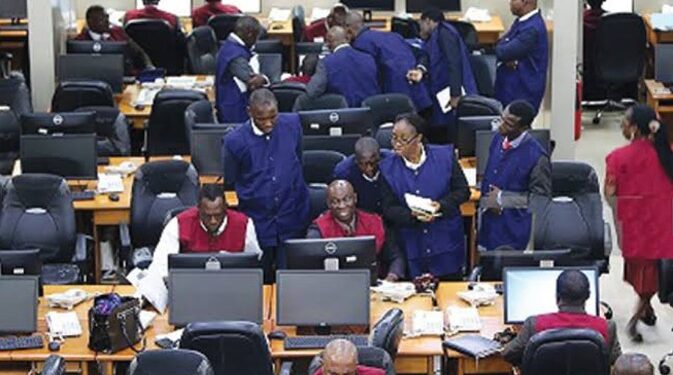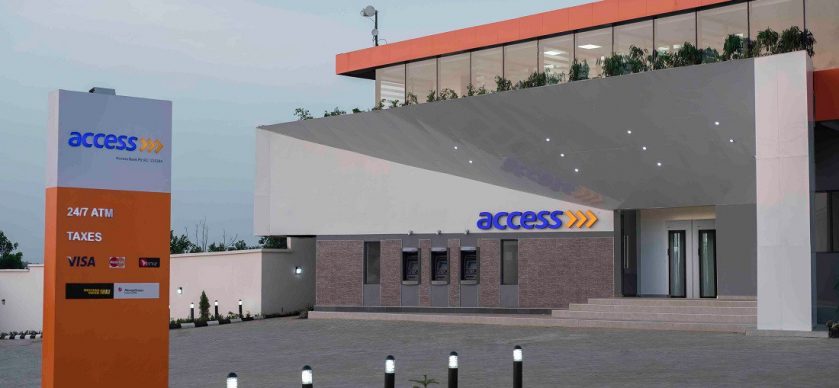Market Trends
Presidency Splurges N23bn on Forex for Foreign Trips

The Presidency spent over N23bn in 2024 to purchase foreign currencies for the international trips of top executive government officials, including President Bola Tinubu, Vice President Kashim Shettima, and the First Lady, Oluremi Tinubu.
This figure, compiled from data provided by GovSpend, a government spending tracker managed by BudgIT, reflects a significant increase from the N18.63bn recorded in 2023, showing a rise of approximately 23 per cent.
The spike in spending stems from the rising frequency and scale of international trips undertaken by the President and State House officials. These trips, considered vital for Nigeria’s diplomatic engagements and international relations, are becoming increasingly costly due to the depreciating value of the naira against major global currencies.
In a year marked by economic challenges, the cost of maintaining the country’s diplomatic presence globally has seen a sharp increase. The rising cost of foreign exchange, coupled with volatile exchange rates, has placed additional pressure on government finances.
The expenditure, spread across various official and diplomatic trips, highlights the escalating cost of international travel for Nigeria’s top government officials. The largest share of this spending in 2024 was attributed to the President’s international engagements.
Significant allocations include N1.04bn for the President’s trip to Ethiopia in February 2024 and N1.27bn in March for the presidential air fleet’s forex transit funds. An additional N5.07bn was spent in April to support the air fleet’s operations and forex requirements.
The Vice President’s travels also contributed notably to the forex outflow. In January, his trip to Switzerland cost N426.88m, while another N176.77m was spent on a trip to Côte d’Ivoire. His total forex expenditure reached nearly N750m in 2024.
The First Lady accounted for over N478m, including N149.79m for a trip to France and N202.39m for a visit to Mozambique.
The Office of the Chief of Staff to the President also recorded N94.7m in forex spending. A major part of this was N46.5m for the President’s UK trip in August 2023, and N12.7m was used for preparations for Nigeria’s participation in the 78th United Nations General Assembly in the United States.
In total, the Presidency purchased over $1.274bn across 13 recorded forex-related transactions in 2024. The largest single forex purchase was $1.271bn for the President’s trip to Dubai. Other purchases included $483,277 for the Vice President’s trip to Switzerland, $692,265 for the President’s trip to Ethiopia, and $152,831 for the First Lady’s trip to France.
Additional expenditures included $117,524 for the Vice President’s trip to Côte d’Ivoire, $93,004 for Liberia, and over $222,952 for the First Lady’s trips to Mozambique and Addis Ababa. More than $1.13m was used for estacodes of participants in training programs in the UK and USA, and $100,000 was allocated for the President’s UK trips. Another $79,740 went into preparations for the UN General Assembly.
While these 13 transactions show a clear spending pattern, there were 43 forex-related transactions in total, suggesting that the actual expenditure could be higher.
Meanwhile, air travel costs for the State House rose dramatically by 344% in 2024. Spending on air tickets for both local and international travel reached N7.83bn in 2024, up from N1.77bn in 2023.
Hinterland Travel & Tours Limited received major contracts for air ticket procurement, including N158.59m, N167.99m, and N164.28m in March alone. Other firms like Travel Options Ltd and Overland Travels and Tours Limited were also awarded contracts totaling millions for official trips.
There were also significant payments for conference and educational trips abroad, such as N5.35m for a seminar on e-procurement in Casablanca, Morocco.
Additionally, N5.15bn was spent on trips by the Vice President and First Lady, further raising concerns about the government’s rising travel expenditure amid economic difficulties.
Civic groups have raised concerns about the sustainability of such spending. The Socio-Economic Rights and Accountability Project (SERAP) described the situation as a troubling misuse of public funds. SERAP’s Deputy Director, Kolawole Oluwadare, noted the imbalance between capital and recurrent expenditures, questioning the government’s fiscal priorities.
He pointed out that the 2024 capital budget implementation stood at just 25%, while recurrent spending reached 100%, exposing a disconnect between official rhetoric and reality.
Odeh Friday, Country Director of Accountability Lab Nigeria, echoed these concerns, emphasizing the need for transparency and urging a reassessment of government spending priorities. He questioned the tangible outcomes of these costly foreign engagements and warned against wasteful expenditure.



